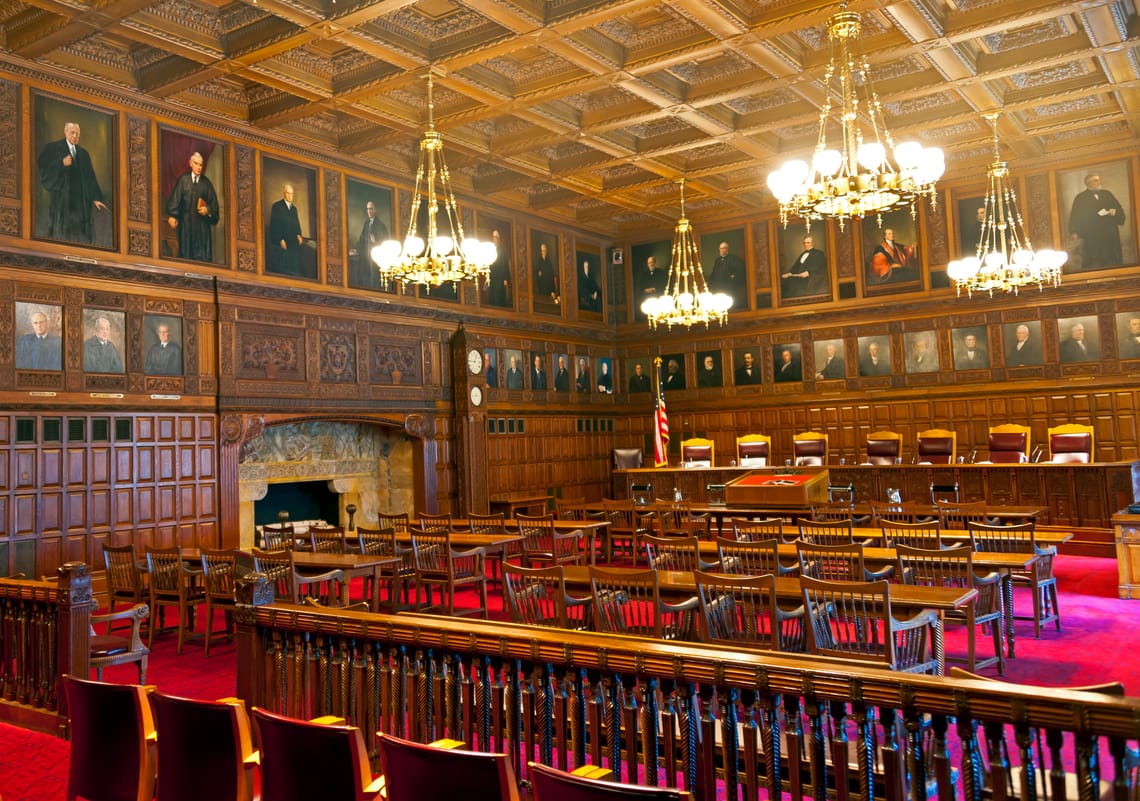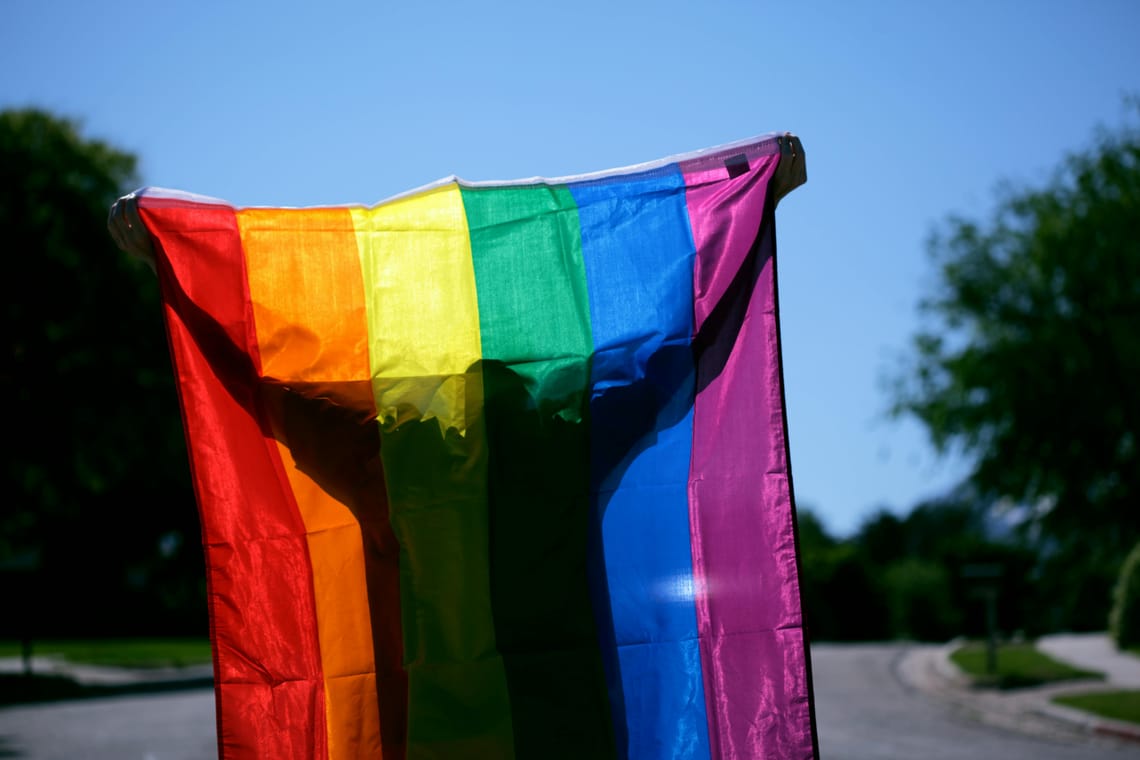TikTok, supported by the American Civil Liberties Union (ACLU) and other advocates, has mounted a legal challenge against the State of Montana following the passage of a contentious law. Titled "An Act Banning TikTok in Montana," Senate Bill 419 seeks to prohibit the downloading of TikTok within the state, marking an unprecedented move as Montana aims to become the first jurisdiction to entirely block access to the popular social media platform.
In a swift response to Governor Greg Gianforte's signing of the ban into law, TikTok initiated legal proceedings against the state, asserting that the legislation violates the U.S. Constitution and should be halted through injunctive relief. Echoing TikTok's stance, the ACLU contends that Senate Bill 419 flagrantly infringes upon the First Amendment rights, impeding freedom of expression and association.
It is worth noting that this is not the first instance of governmental efforts to restrict access to a social media platform. In 2020, TikTok filed a lawsuit against the federal government following Former President Trump's executive order that sought to ban TikTok and another Chinese social media application called WeChat. Federal courts subsequently struck down the ban, siding with TikTok and emphasizing the lack of substantial evidence provided by the government to substantiate its claims. These courts concluded that such measures unduly burdened free speech.
Help support our mission by subscribing to our newsletter! It is completely free to subscribe.
The ACLU draws a parallel between the federal ban and Montana's legislative move, arguing that the enacted law runs afoul of the First Amendment's protections. In a letter expressing their concerns, the ACLU underscores that TikTok has emerged as a platform for Montanans to engage in protected speech and association, characterizing the ban as a form of censorship that undermines free speech. TikTok itself contends that the law represents prior restraint on the speech of its TikTok users in Montana.
Supporters of the Montana ban argue that it serves as a necessary response to the growing national security risks posed by Chinese-owned platforms such as TikTok. Lawmakers assert that the state has a compelling interest in prohibiting TikTok's operations to safeguard U.S. and Montana's security interests. In response, the ACLU emphasizes that any purported interests must be genuinely compelling, necessitating a total ban to prevent immediate harm to national security. Furthermore, the ACLU disputes the existence of public evidence supporting such claims.
TikTok's lawsuit raises additional constitutional concerns, notably invoking the Commerce Clause of the U.S. Constitution. By banning TikTok within Montana's borders, the company argues that it disrupts the app's operations for users in other states, potentially impeding interstate commerce.
Moreover, TikTok contends that the state law constitutes an unconstitutional bill of attainder. The company asserts that Montana's ban selectively penalizes a single entity rather than implementing broader regulations governing social media companies as a whole.
Security concerns over TikTok, however, are not recent. India along with other countries banned the use of the platform. Countries such as Britain, Canada, and France have also banned TikTok on government devices. With over 150 million U.S. users, TikTok has faced uncertainties under both recent presidential administrations while striving to address concerns about its Chinese ownership. The social media platform has been awaiting approval from the Biden administration for its plan to operate in the United States, having already experienced bans on government devices in more than 25 states, as well as by several universities and the military.





